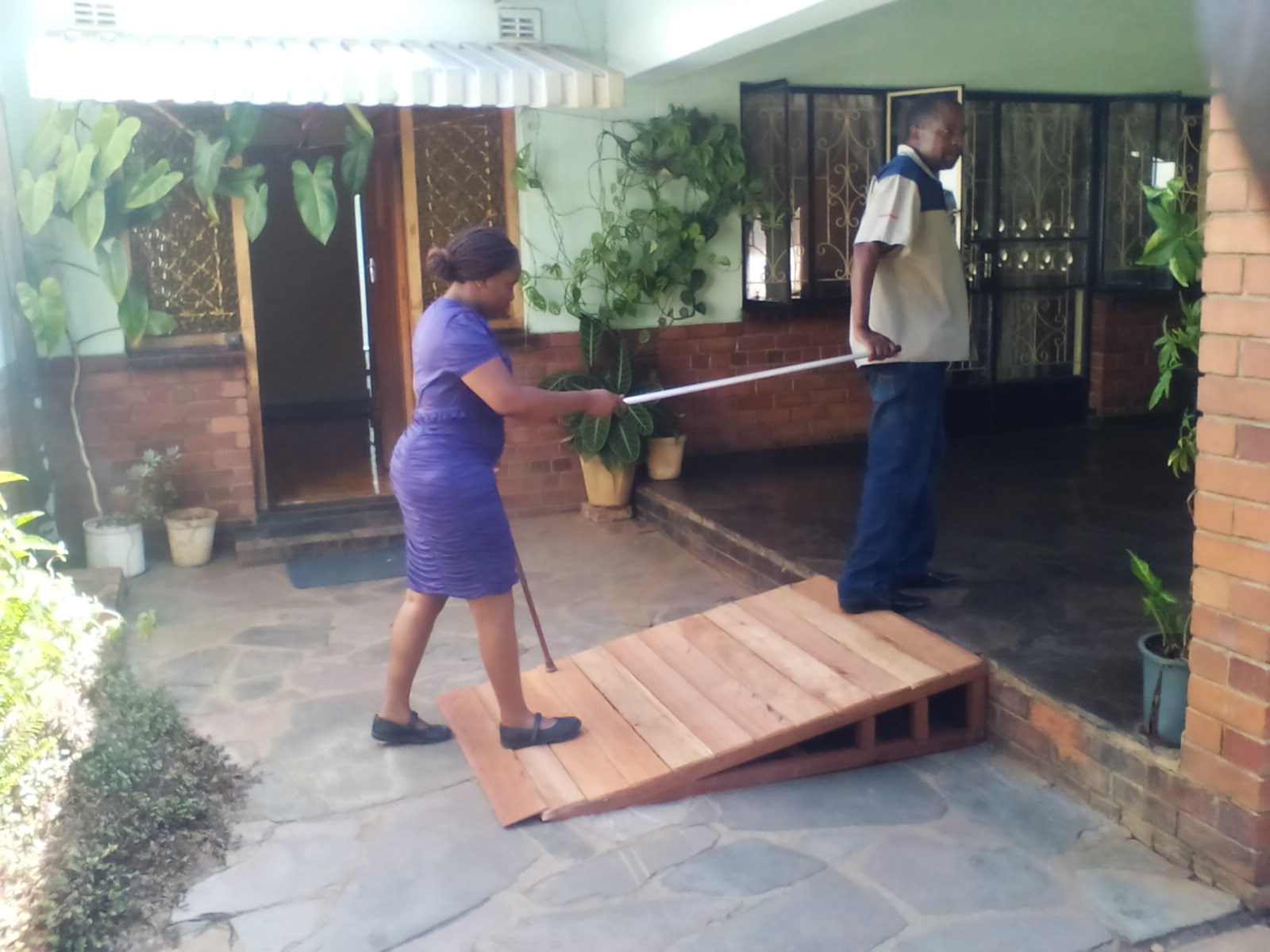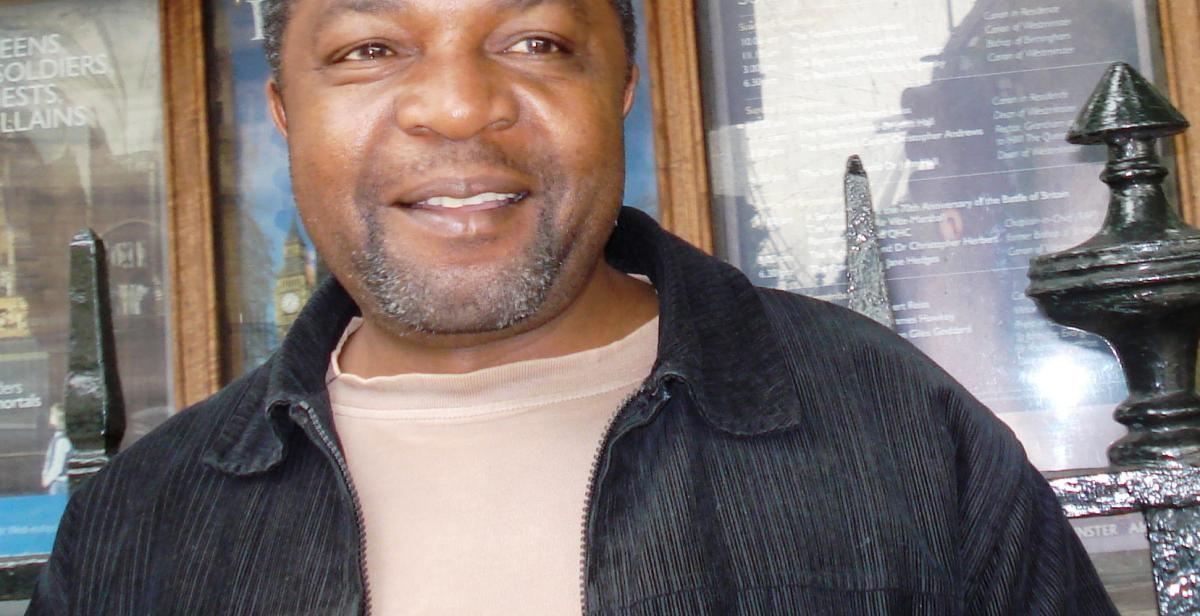Farai Mukuta is a Progressio development worker based in Harare, Zimbabwe. He works with two local partners: the Disability, HIV and AIDS Trust (DHAT) and Deaf Zimbabwe Trust (DZT), to support people with disabilities who are also living with HIV or AIDs. To mark World AIDS Day 2015, we asked him to reflect on his work fighting to break the "double stigma" of living with both a HIV diagnosis and a disability in Zimbabwe.
"According to the World Health Organisation, there are 1.9 million people living with disabilities in Zimbabwe. Disability is as old as creation and is much older than the discovery of modern medicine. However, nothing significant has been done to ensure the meaningful inclusion of persons with disabilities in the national health system.
The combination of disability and HIV is very complex. The number of those with disabilities who are living with an HIV diagnosis is also unknown. This is an undocumented population; stigmatised by society because of their disability and stigmatised again because of their HIV status. Issues connected with disability are mostly excluded form HIV and sexual reproductive health programmes.
The worst-affected disability categories are the visually impaired and the hearing impaired because of lack of information in accessible formats. The deaf need access to sign language, which the government and AIDS service organisations are not providing. The blind need information in braille, which is just not available.
Because of this, these people are being left behind. Here is a population section which may not be part of the 15% reduction in Zimbabwe's HIV infection rate because the group is undocumented and excluded from many interventions. These - especially the deaf - are our least understood population.
Working with DHAT and DZT, I am involved in projects aimed at providing information, care and support services for people with visual and hearing impairments through the distribution of accessible relevant materials. My main responsibilities are providing technical assistance to the local staff; strengthening their capacity to develop evidence-based policy, advocacy and lobby programmes relating to HIV and AIDS.
 Farai with service user, Yeukai Mazhawidza, demonstrating the need for disabled access. Yeukai was amputated and now has an artificial leg. "She is gradually adjusting to the new experience. The idea is to have universal access to all that we do so that all disability categories enjoy all that able bodied counterparts enjoy," says Farai.
Farai with service user, Yeukai Mazhawidza, demonstrating the need for disabled access. Yeukai was amputated and now has an artificial leg. "She is gradually adjusting to the new experience. The idea is to have universal access to all that we do so that all disability categories enjoy all that able bodied counterparts enjoy," says Farai.
I focus particularly on developing the skills and knowledge of staff on policy research, producing documents, knowledge management, monitoring and evaluation, communication and fundraising. We are working on engaging more at regional and national level and mobilising support for disability inclusion to be part of future sexual and reproductive health interventions.
This World AIDS Day, I would ask people - who is being left out of the attempt to “rethink” HIV? Are we considering the broad sexual and reproductive health spectrum? And how can we meaningfully include those living with HIV or AIDs within the narrow coverage of HIV?
For me, running with youth at all levels could provide the answer. It’s with them that the future lies."
To read more about how we are marking World AIDS Day 2015 - with blogs, reflections and myth-busting facts, visit this page.
You can read more about Progressio's wider work on HIV and AIDs-related here.



